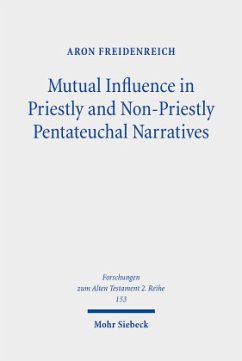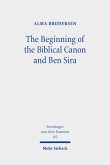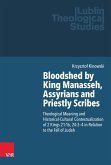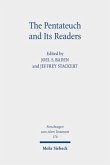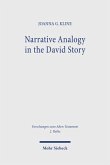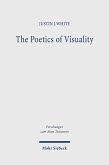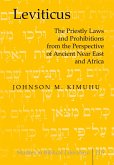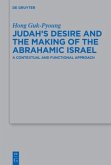Aron Freidenreich offers evidence of a dynamic stage of mutual influence and parallel growth during the Pentateuch's formation process when Priestly and non-Priestly scribes expanded their works in response to one another. His critical examination of five key cases in Genesis and Exodus shows each passage to have been supplemented onto its Priestly or non-Priestly context under the influence of the competing literature even as the two corpora still existed separately. These case studies provide insight into the practices of scribal communities in Persian period Yehud as tradents selectively incorporated elements of the alternative tradition into their own writings while simultaneously rebuffing ideas and beliefs that they opposed. Such scribal activity was pivotal in precipitating the most crucial moment in the Pentateuch's development: the combination of its Priestly and non-Priestly materials.
Bitte wählen Sie Ihr Anliegen aus.
Rechnungen
Retourenschein anfordern
Bestellstatus
Storno

